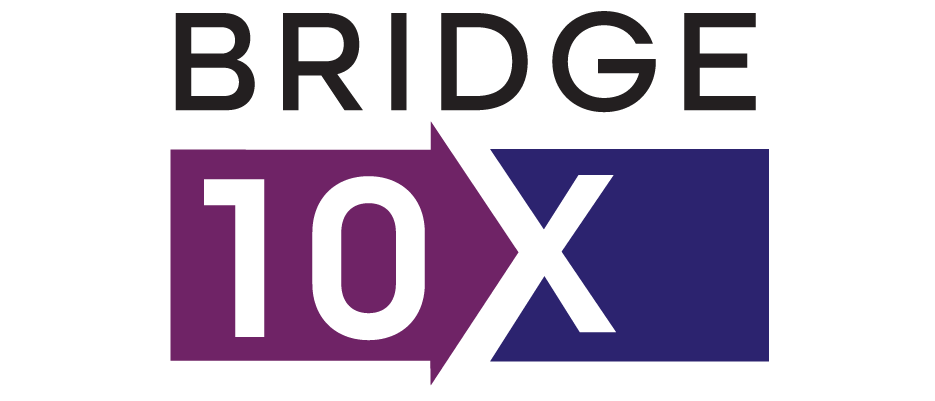As the financial world evolves, a new player has emerged on the investment scene—digital securities. These innovative instruments represent ownership in real-world assets but are managed and traded on digital platforms. With the integration of Distributed Ledger Technology (DLT) and stringent regulatory frameworks, digital securities are poised to transform how we interact with the global market.
The Emergence of Tokenized Assets
In recent years, tokenization—the process of converting rights to an asset into a digital token on a blockchain—has become increasingly popular. This shift is evident in the growing market capitalization of tokenized assets, which reflects a burgeoning confidence in the security and potential of these investments. As reported by Reuters, "In 2018, the global market capitalization of tokenized assets stood at a mere $1.5 billion. Currently, this figure has ballooned to $120 billion, with an estimated $16 trillion market cap by 2030." Such staggering growth is indicative of a paradigm shift within the investment landscape.
Tokenized assets offer a way to fractionalize ownership in real-world assets such as real estate, art, or commodities. This democratizes access to investments that were traditionally reserved for high net worth individuals or institutional investors. By leveraging DLT, these tokens ensure immutability and transparency in transactions, which is crucial for investor confidence.
Regulatory Compliance and Investor Protection
One key factor that sets digital securities apart from their cryptocurrency counterparts is regulation. Digital securities are typically regulated by financial authorities, providing a framework that protects investors while ensuring market integrity. This regulated nature attracts a broader range of investors who might be cautious about entering the less regulated cryptocurrency markets.
Financial institutions have been working closely with regulators to establish standards for issuing and trading digital securities. This collaborative approach seeks to balance innovation with consumer protection, creating an environment where both can thrive. Regulated digital securities platforms have thus been instrumental in fostering trust among stakeholders in the financial ecosystem.
Leveraging Distributed Ledger Technology
Distributed Ledger Technology (DLT) stands at the core of digital securities' functionality and appeal. DLT not only streamlines transaction processes but also enhances security measures beyond what traditional databases offer. The inherent characteristics of DLT—such as decentralization and resistance to tampering—align perfectly with the needs of modern-day financial services.
The application of DLT in managing digital securities brings efficiency gains through reduced reconciliation efforts and faster settlement times. Moreover, it opens up avenues for smart contracts that can automate compliance checks and other administrative tasks, freeing up resources to focus on strategic investment decisions.
Impact on Traditional Investment Opportunities
Digital securities stand at the forefront of redefining traditional investment opportunities. They enable easier liquidity for assets that are usually considered illiquid, like certain types of real estate or private equity shares. This transformation allows investors to enter or exit positions with greater ease than ever before.
The digitization of securities also facilitates cross-border transactions by simplifying compliance with international regulations and reducing overhead costs associated with currency exchange and transfer fees. Investors now have unprecedented access to global markets directly from their digital wallets.
The Future Landscape for Investors
The potential for growth within the realm of digital securities is immense as technology continues to advance and more real-world assets become tokenizable. The fusion between traditional finance and innovative tech solutions paves the way for an exciting future where anyone can participate in investment opportunities previously out of reach.
For entrepreneurs and venture capitalists alike, this signifies a shift towards more flexible fundraising mechanisms and potentially lower barriers to entry when seeking capital injections for new ventures or expansions. As digital securities continue to gain traction, they will likely become integral components of investment portfolios worldwide.
Summary
In conclusion, digital securities represent a transformative development within financial services that bridges traditional investments with cutting-edge technology through DLT and regulatory compliance. Their rise heralds a new era where liquidity, efficiency, accessibility, and security are no longer mutually exclusive attributes in investing but rather standard expectations. As we witness an expanding marketplace for tokenized real-world need-assets embracing these principles fully may well be not just advantageous but essential for staying competitive in today's dynamic economic landscape.
If you're intrigued by how digital securities can revolutionize your investment strategies or if you seek guidance on navigating this new terrain confidently,Contact Us. At BridgeMint Financial Services,We Stand Readyto provide you with secure wealth management services tailored to your needs.


